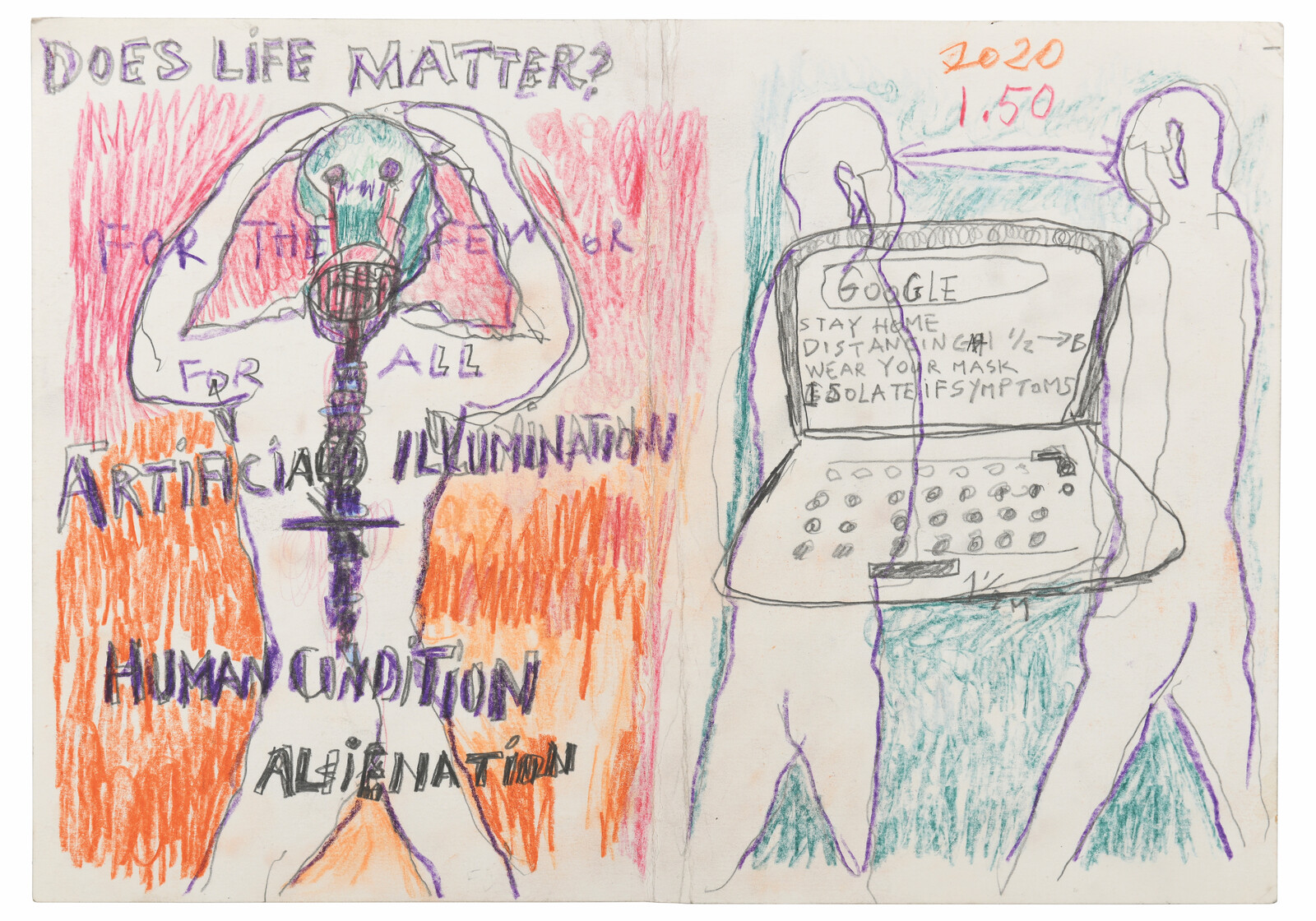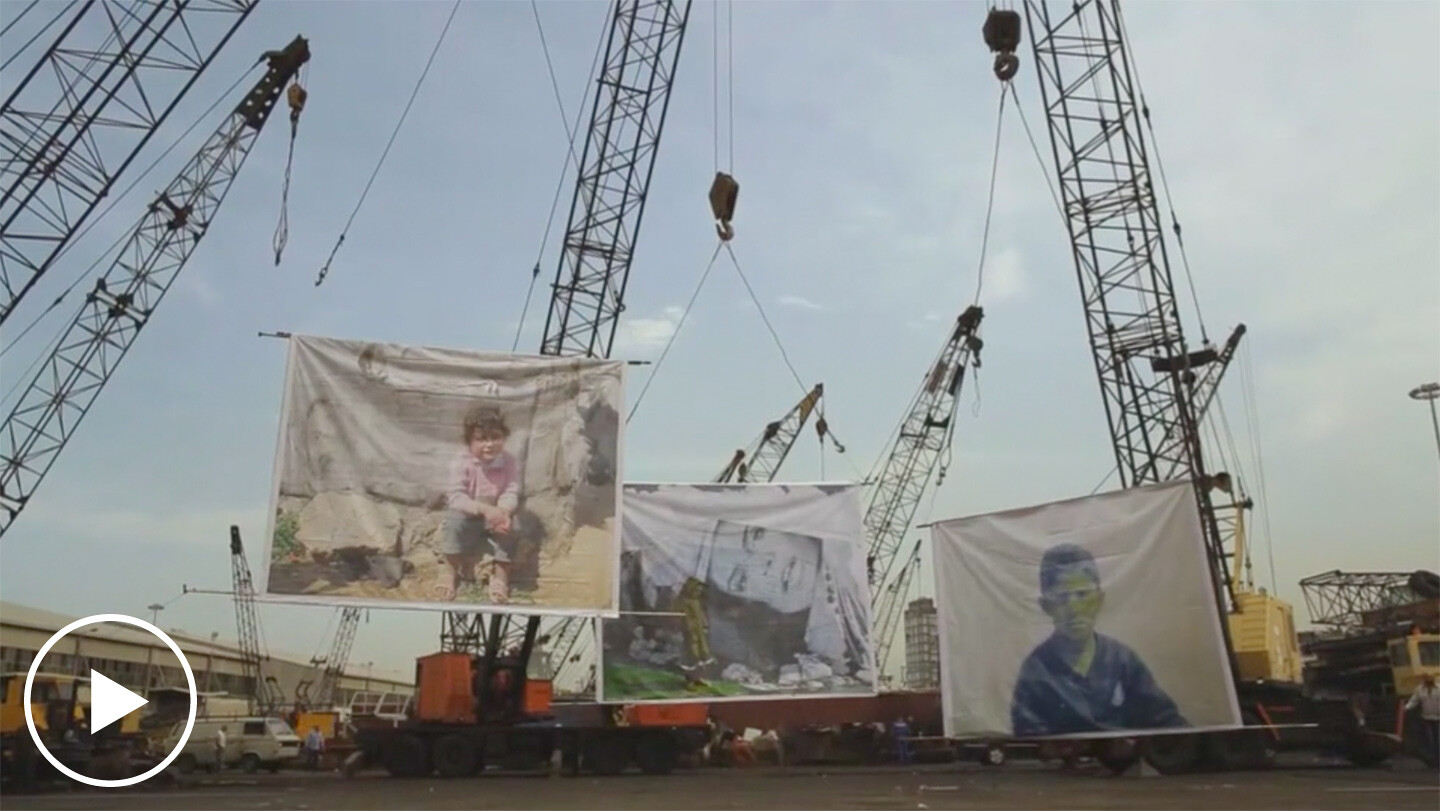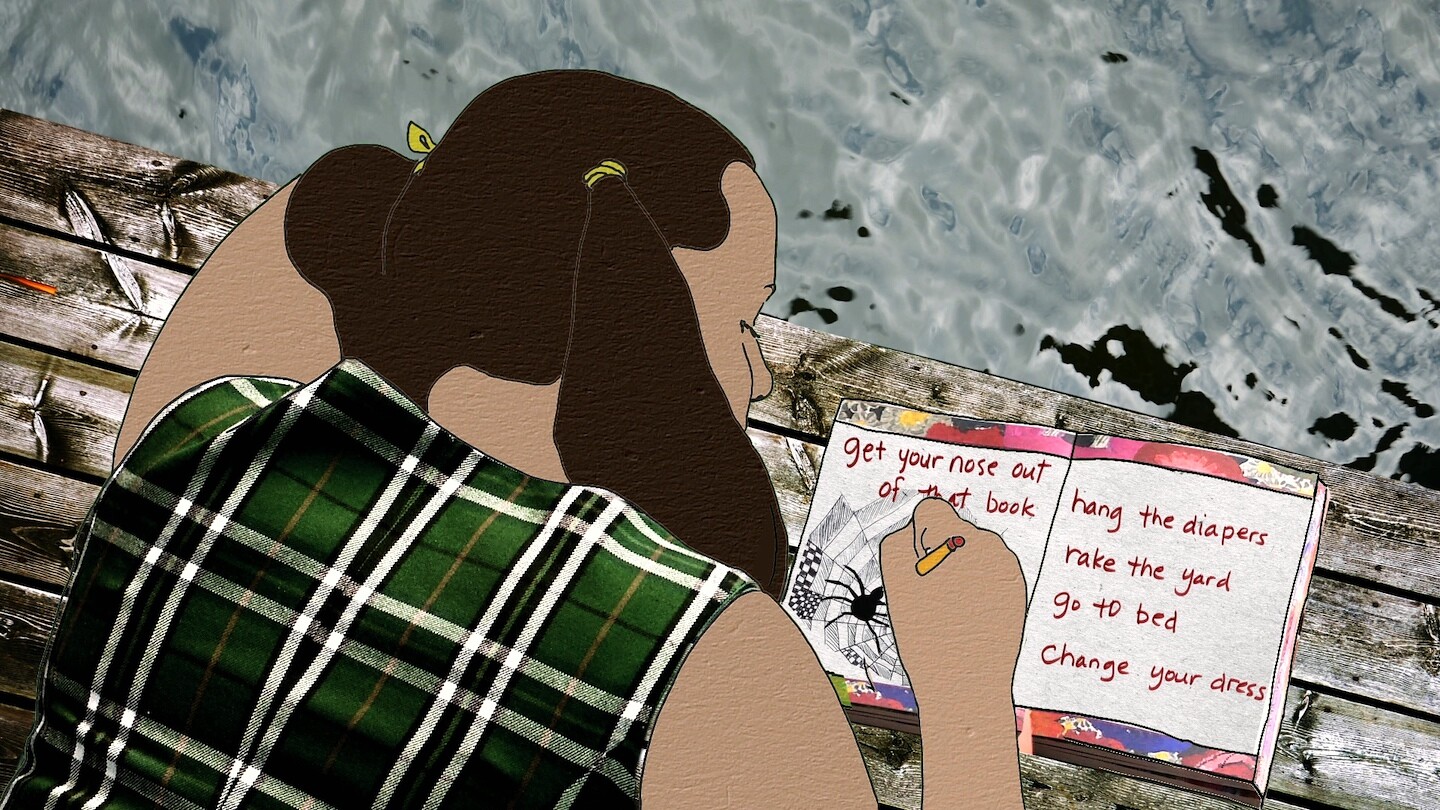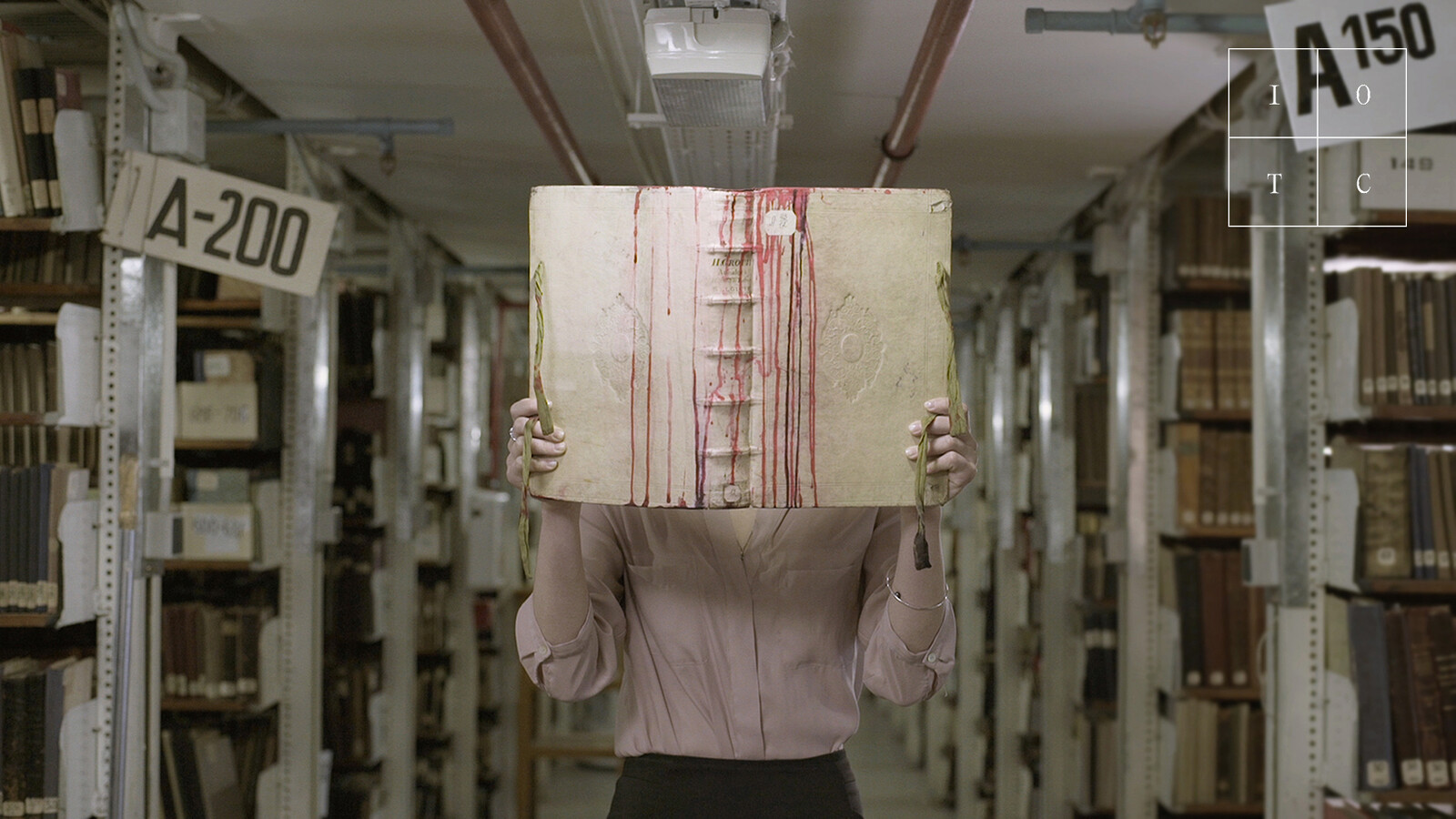Irmgard Emmelhainz Read Bio Collapse
Irmgard Emmelhainz is an independent translator, writer, researcher, and lecturer based in Mexico City. She is the author of Jean-Luc Godard’s Political Filmmaking (Palgrave MacMillan, 2019), The Tyranny of Common Sense: Mexico’s Post-Neoliberal Conversion (SUNY Press, 2021), and Toxic Loves, Impossible Futures: Feminist Lives as Resistance (Vanderbilt University Press, 2022). She is a member of the SNCA in Mexico (National System for Arts Creators).
The notion of nature as distinct from humanity, and as malleable, has radically changed the planet, bringing all its living systems to the brink of collapse. This continues to be driven by consumerism as the primary human relationship to one’s subjecthood. The result is individualist hedonism, the fantasy that death can be negated, and the mandate to pursue individual happiness while considering suffering as a personal failure. Clearly the food system we rely on and the chemical products we consume damage us and the planet. Why are we doing this to ourselves?
Here and Elsewhere: Horizons of Resistance from Palestine
Contested Representations: Making Images from Elsewhere
The collapse of reality is not an unintended consequence of advancements in, for instance, artificial intelligence: it was the long-term objective of many technologists, who sought to create machines capable of transforming human consciousness (like drugs do). Communication has become a site for the extraction of surplus value, and images operate as both commodities and dispositives for this extraction. Moreover, data mediates our cognition, that is to say, the way in which we exist and perceive the world and others. The image—and the unlimited communication promised by constant imagery—have ceased to have emancipatory potential. Images place a veil over a world in which the isolated living dead, thirsty for stimulation and dopamine, give and collect likes on social media. Platform users exist according to the Silicon Valley utopian ideal of life’s complete virtualization.
Panel 2
Altering Visuality: Digital Image and Technopolitics
Online discussion with Pip Day, Dalaeja Foreman, and Suzanne Kite, moderated by Irmgard Emmelhainz
Online discussion with b.h. Yael, Cooper Battersby, and Emily Vey Duke, moderated by Irmgard Emmelhainz
Online discussion with Elena Comay del Junco, Siobhan F. Guerrero Mc Manus, John Paul Ricco, and Miguel Ventura, moderated by Irmgard Emmelhainz
Online discussion with Franco “Bifo” Berardi, Anita Chari, and Soyoung Yoon, moderated by Irmgard Emmelhainz





























